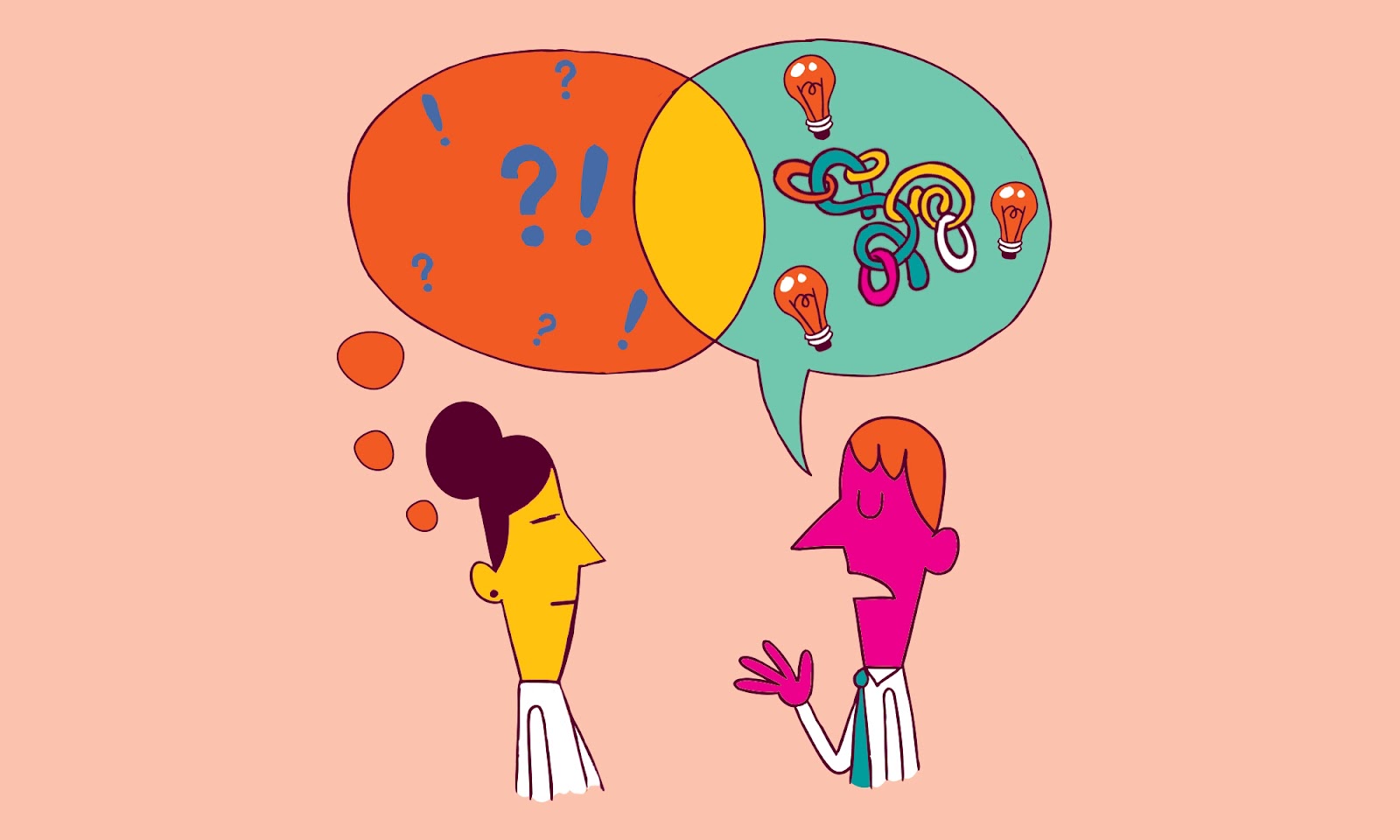Over Two Years of Intermittent Fasting
Perhaps you heard about intermittent fasting before, but have you really understood how it could work? Well, it is simple as alternately being in a long fasting state with a periods when one is allowed to eat. It may sound difficult. I could say it is both easy and challenging, given that I have engaged myself into intermittent fasting almost daily for over two years now. In this blogpost, I will share my personal experience about intermittent fasting.
1. It is not a diet.
It is not a diet, wherein one starves out oneself to attain weight loss. That is not the primary purpose of intermittent fasting, rather it is inducing sufficient stress to the body to be in a healthy "survival mode." One could actually eat whatever one likes during the non-fasting period. However, the first thing I noticed when I started fasting is that I got full easily during the first meal, such that I eat a little thereafter. So instead of eating three full meals, I gradually reduced it two meals: larger first meal and relatively sufficiently hearty last meal. Snacks might be optional in between meals in some days, but generally not more than the two full meals a day. Then it is followed by long fasting period, minimum of 12-14 hours. For me, I fast daily with an average of 15 hours, and the longest fast I had was 36 hours!
So how could it physically possible? Well, I discovered a trick. The first meal is about quantity, while the last meal is about quality. I allow myself to eat anything I want during the first meal. So, I literally eat a little bit more during the first meal. It is about quantity. Sweets, including desserts, pastries and sweet drinks are strategically consumed during the first 3 hours of eating period, not necessarily during the first 30 minutes, ofcourse. It is noteworthy that it is very common that hunger is more intense few hours following eating sweets, triggering a negative cascade of compensatory body events, motivating one to eat more, worse even more sweets! I intentionally increase gradually drinking throughout the non-fasting period to keep myself hydrated. The most important is food during this phase. One could drink water while fasting, so thirst should not be a problem in the first place. Another tip is to eat the fiber-rich "bulky" food during the first hour. In this way, the body senses I am full, thereby reducing the urge to eat sweets later on. That prevents digestive problems, such as constipation, as well.
On the other hand, the last meal is about quality. Here, I realize I prioritize protein and fats over carbohydrates and sugar. Why less carbohydrates and sugar during the last meal? Because if one do so, one gets hungry faster after a high sugar, carbohydrate meal. So think about sleeping after such meal. One would end up tremendously hungry while at sleep, or worse just before taking a night sleep. For this reason, I abstain from eating rice, or eat less starch during my last meal. Meat is important during the last meal, with generous amounts of fats and oil. Furthermore, this will aid me in prolonging the state of fullness to help me fall asleep or delay the feeling of hunger.
2. It induces stress to your body.
The key process associated with intermittent fasting is insulin spike. So what is insulin? It actually serves as a key to make sugar available in our cells to survive. When we eat, naturally our blood sugar rises, and this triggers release of insulin from the pancreas to regulate sugar levels in the blood by facilitating the use of sugar in our cells. When we fast, our body gets the signal that our blood sugar gets low, so insulin release is decreased to restore glucose levels by forcing the liver to release its stored fats. This also triggers the feeling of hunger, thus encouraging us to eat. This is the most challenging in intermittent fasting. One literally attempts to control the feeling of hunger and prolong the state of fasting, inducing stress to the body.
The stress could ofcourse result to consequences. If the body gets the signal that you are still not eating after several hours, the body would start burning fats thereafter. This is the reason of significant weight loss. However, if fasting is further prolonged the body would naturally reduced its metabolism, or worse make use of muscles as an energy source, resulting to unnecessary muscle wasting. This is main cause why people who are intermittently fasting do not lose more weight with reduced metabolism after some time. Muscle wasting is almost equivalent to starvation, and is usually not beneficial, either.
So what can one do to alleviate these seemingly harmful effects? First, drink a lot of water while on fast. This means plain water with no or almost no sugar. This will help flush out waste products from metabolism. Secondly, relax. Your body have been storing fats for years, so you will not die from starvation. If you feel unwell, generally because blood sugar is getting low. However, note that eating is not always the solution to this hypoglycemic state. People in old times eat less frequently than we do today, but they survived. Thirdly, be aware that hunger hinders sleep. So one should be mindful that you have to think that your last meal is recommended to take place few hours before you sleep. And when you are in deep sleep, hunger is actually least of a problem. Yes, you fast for 14 hours for example, but 7-8 hours in it, you are asleep. Take 3-4 hours from that due to sense of fullness after your last meal, so actually the struggle is "just" from the time you wake up up to your first meal. Not bad at all. It is all in your mind.
3. It is sustainable.
The problem most experience with intermittent fasting is no weight loss at all. This could be frustrating, especially if weight loss is the primary reason of initiating fast. The most common explanation is binge-eating. People tend to eat "double" or more during the non-fasting state, anticipating a long fasting state afterwards. This is counterproductive. The body will compensate and adjust naturally itself when we fast. Eat normally in terms of total quantity, but eat strategically and purposely. In that way, intermittent fasting is sustainable. We should make sure that our body's compensatory mechanism is helping us, rather than making us eat more. Binge-eating results in significant calorie gain and further fat storage. The key of intermittent fasting to work is to allow the body to burn fats, not entirely dependent on the number of hours of fasting. This is the reason why some recommend rigorous exercise while in a state of fasting to further accelerate fat burn.
Personally, I still have about 10-12% body fat. I am satisfied with that. I lost weight significantly during the first weeks, but after that my weight has stabilized since then. At times, my weight gradually climbs up. Well, I do not worry, because weight gain is probably due to fluid retention, not fats. However, when I see a significant continuous upward weight trend, together with terrible hunger bouts after meals, it is either because I am consuming more sweets in the last few days, which I should have control of, or because I have been stress-eating due to mental stress or lack of sleep. Those could be addressed differently. What is my solution: variation! My first meal is unnecessarily breakfast. Sometimes, it could be lunch or perhaps late dinner. At times, on weekdays that I am "free", I prolong my fasting state way above my average. Or, I incorporate a cheat day sporadically, not regularly. This is for the body to believe that there is no general pattern in fasting periods, such that body's metabolism be maintained at the same level and continue fat burn at the same rate, optimizing the desired effects of intermittent fasting.
Lastly, intermittent fasting is not just a trend or a fad. Perhaps, I started with it as an alibi to justify me eating sweets during the periods I am eating. Well, there is truth to that. However, one thing one should be certain, one should listen more to one's body. If you see unexpected harmful effects, it is actually advisable to stop, either permanently or temporarily. Remember, our body has its limits, and it is in those same limitations, we also see intermittent fasting as beneficial.











Comments
Post a Comment